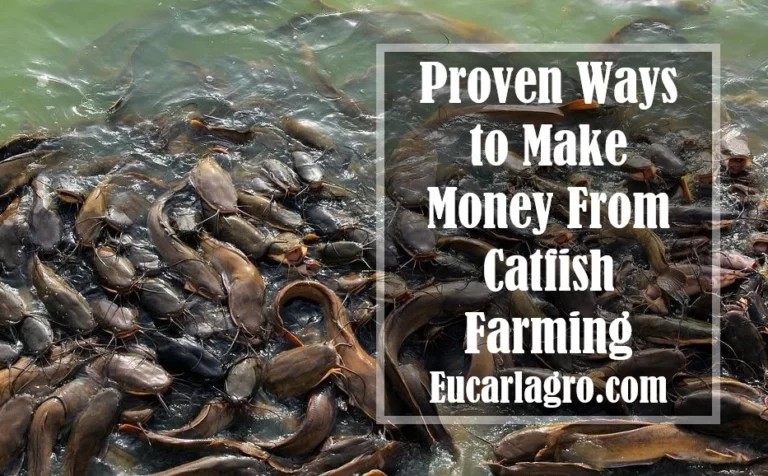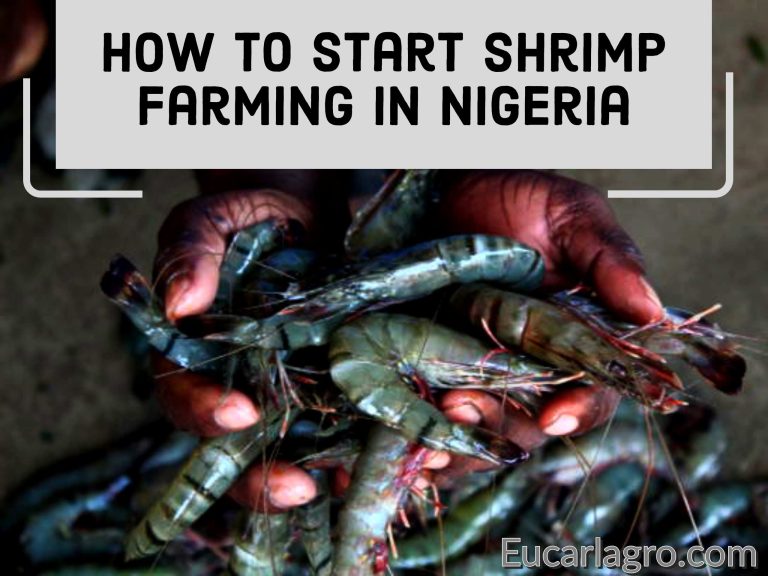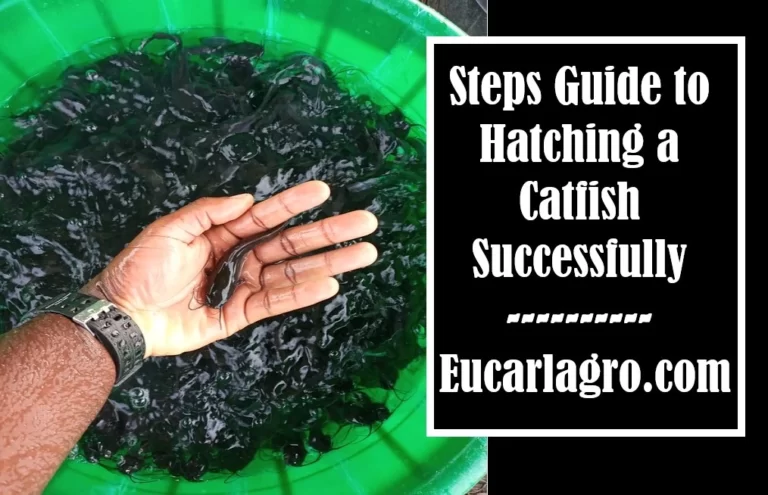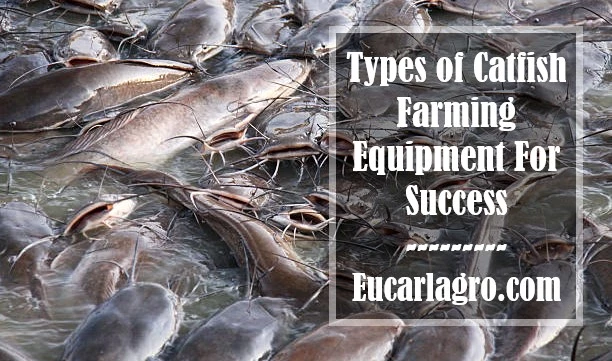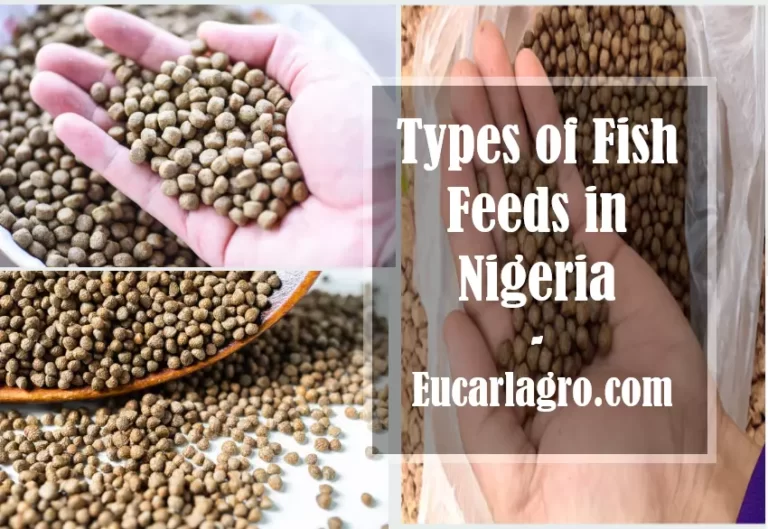How To Start A Fish Pond: 10 Things You Need To Know
The fish business has proven to be one of the most lucrative agricultural ventures, especially catfish farming. Many people are interested and have a desire to invest in the fish farming business but there are nonetheless some things holding them from taking the bold step.
How do I start a fish pond? How much land should I buy to start farming catfish? What is the equipment I need to start a catfish farming business? How many ponds should I set up? How many fishes should I purchase for a start? What will I do to make my catfish grow fast? and so on.
These are the many questions that disturb the mind of beginners and interested people.
What is Fish Farming?
Fish farming is the science of rearing fish in a pond for commercial purposes. For this post, we will be concentrating on Catfish. Fish farming is an extension of what happens in the oceans and rivers but in a controlled way to produce the desired outcome using ponds. Fish ponds are artificial depictions of the natural habitat.
Catfish farming is very lucrative and with less cost of investment unlike poultry, cow, goat, etc. The catfish business can generate a lot of money for you not only from its meat but from its byproducts. From catfish, you can obtain oil, drug supplements, etc.
How To Start a Fish Pond
Starting a Fish pond as a beginner might seem to be an impossible task or path to take but with the right information it will end up being an easy venture to start. To start a fish farm you have to follow these steps:
Create a plan

In the words of the famous writer Benjamin Franklin, quote” if you fail to plan, you are planning to fail”. In the fish business and fish farming specifically, planning is the key to success.
A farmer who plans well from the onset will reap a bountiful output at the end because if the total venture sums to 100%, a good business plan will take 40% and the remaining will surely raise the business to an average.
The fish farming business plan should include the name you intend to use for the business, presumed location, the kind of farming scale you want to run, intended cost of startup and number of works, essential fish farming equipment required for the business, annual cost and foreseen profits and even challenges to too.
Do some study

Every good teacher was taught by a teacher. The next step after creating your business plan is to do some study. As a beginner who wants to start a fish farm successfully, you have to learn from already successful ones.
This step deals with undergoing inquiries, enrolling for training from professionals, reading fish farming books, and also what videos on fish farming. By doing so you are enlarging your horizon on this venture you want to invest in and it will be easier to start the business.
Choose Your Farming Scale
With knowledge of your destination, you will know what are do and don’t. After researching fish farming, the next best step is to choose your farming scale. Do you want to farm a large quantity of catfish or do you want to start small?
How many ponds should I set up? Should I buy a hectare or a plot for this business? What quantity of catfish can my money raise? Do I need an aerator? These are the questions pointing straight to the choice of farming scale.
Example: Mr. Eucarl wants to start a fish pond, he has N120,000 and a 50:100 plot of land But he desires a large-scale catfish farm of a thousand catfish. If Mr. Eucarl invests with his available resources it can never give him the yield he desires.
In choosing your farming scale do your best to be realistic and objective to the results of your earlier studies.
Do you know that if Mr. Eucarl chooses to farm on a medium scale (about 100 fish) with these resources he will smile at the end of the farming season? because his land and pocket could accommodate the number of catfish he farmed.
Remember that Mr. Eucarl will buy catfish equipment, fingerlings (or broodstock for a start), construct a source of water if it is not an earthen or cage pond, buy power, etc. Therefore choosing a farming scale will help you cut unnecessary expenses.
Requirements For Starting A Fish Pond
Now you know the cradle steps, let’s move on to know the requirements for starting a Fish pond. In the order of relevance, they are:
1. Capital

Capital is the money at hand or assets at hand to invest in this business. And this is the first thing required for a fish farm. The fund is very important. The pond will not make itself nor will the feed by itself, this is the reason why capital is very important.
From our example above you will observe that the capital you have affects everything in the business, from the choice of farming scale to the yield.
Fish farming is a commercial capital-intensive venture but not unlike Poultry and Fish farming is more lucrative than poultry.
2. Location
The second thing required for starting a fish pond is the location. The location of a fish farm is as important as even the feed. There are so many factors to be considered before starting a fish pond
Your capital
The soil type
Close next to the market
Availability of water and power
Nearness to the target market
Fish farms are best located in waterlogged areas and should have good drainage channels for ponds that are not earthen ponds.
3. Pond
The pond is another requirement to start a fish pond. Ponds are man-made or artificial habitats for fish, established, controlled, and maintained by the farmer for fish production. There are many types of ponds.
Pond choice depends on the farming scale, and mode of management. In any case, you must have a pond to farm fish. Your choice of the pond is also influenced by your financial capability.
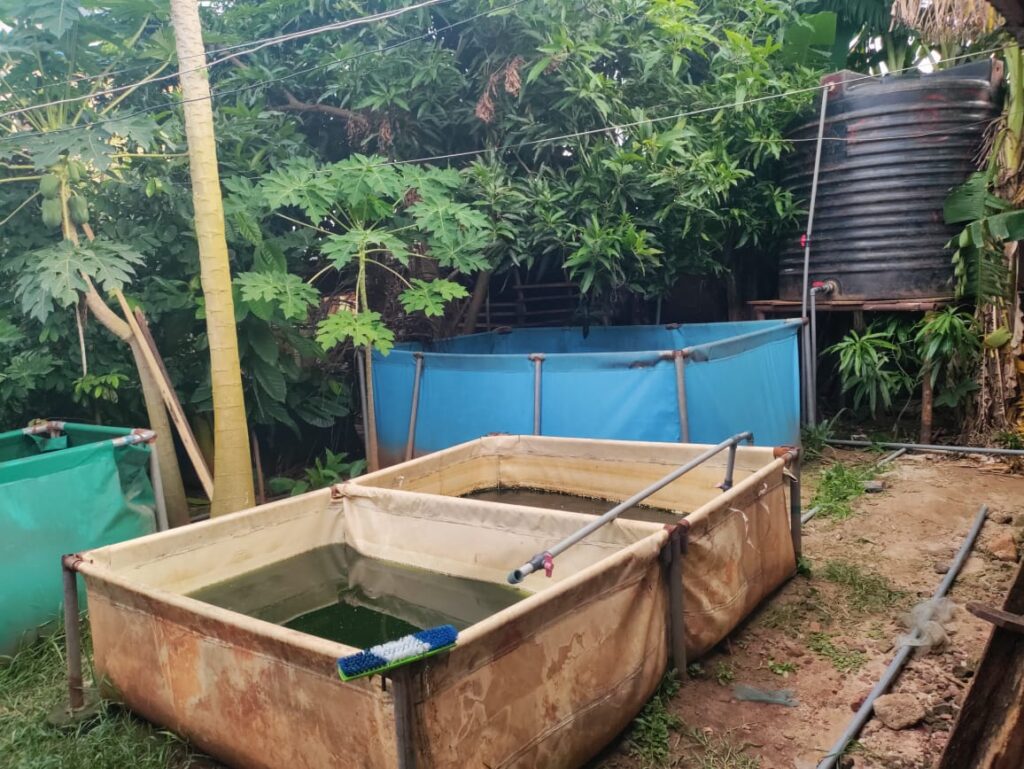
4. Water
Water is very important. Water is the oxygen of the fish. To start a fish pond, you have to provide a reliable source of water. Boreholes and wells are the best to be constructed on a fish farm. Except for the earthen and cage pond, the water source is needed to be constructed to make sure that the fish don’t die of pollution and suffocation.
The water should be neutral, not acidic nor alkaline, as the pH can affect the survival and growth of the fish.
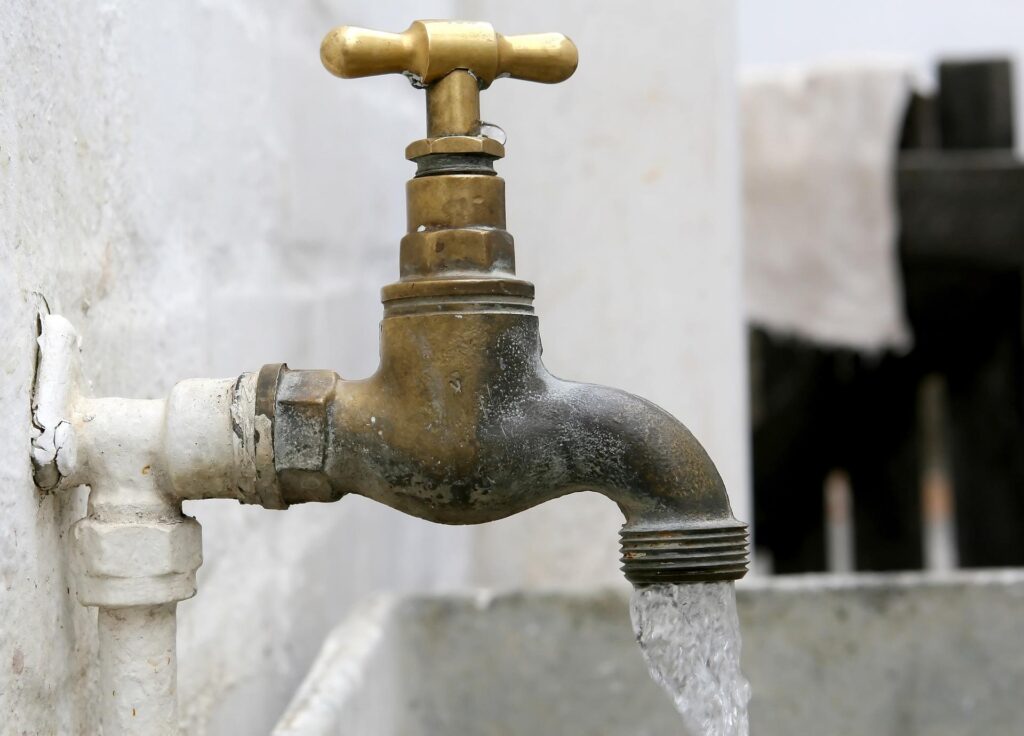
5. Electricity
Power supply (Electricity) is another important requirement in starting a fish pond. Electricity is used to pump water into the pond therefore there should be a reliable electricity source.
Deciding to buy a generator set would be the best due to how unpredictable the power supply in this country is.
6. Water Storage tank
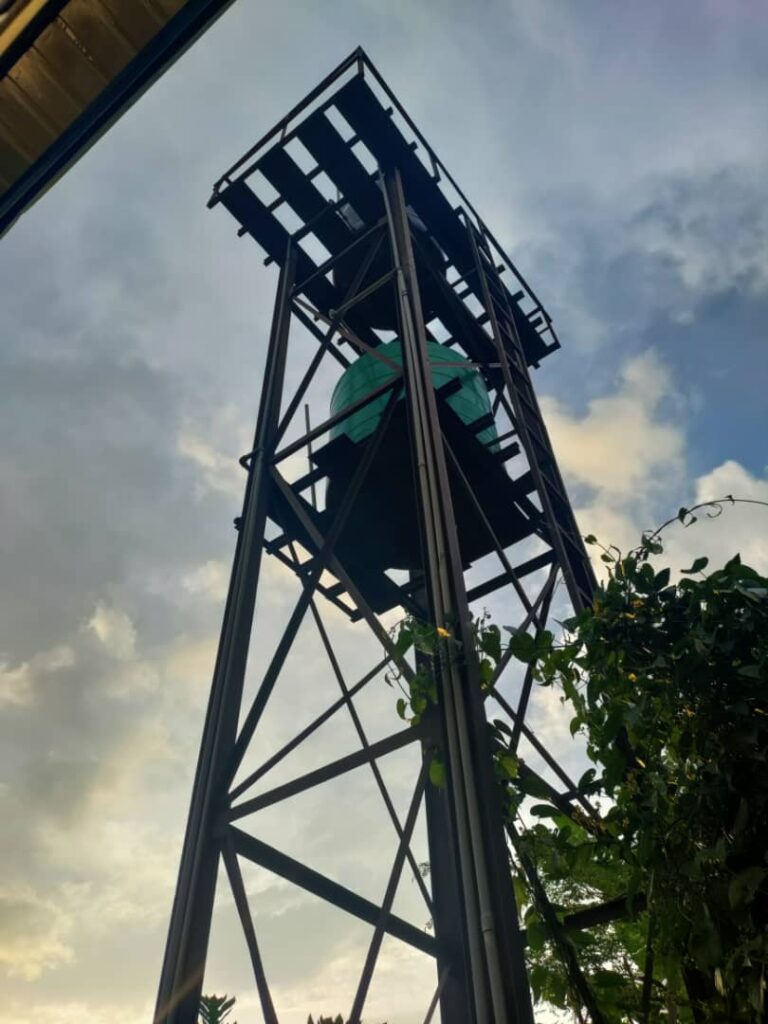
The next thing you need to start a fish pond is a water storage tank. Although the availability of reliable water and power supply, other ways to cut costs should be put in place and one of which is a water storage tank.
Water storage tank comes in various sizes but the reason for a water storage tank is to make sure that the farm doesn’t lack water even if there is no power supply.
7. Fish
To start a fish pond you need to stock fish and the best kind of fish to farm is catfish. Fishes are best bought in infancy which is when they are still fingerlings.
In selecting the fish for farming there are some factors to be considered they are: the pedigree and record of breed yield.
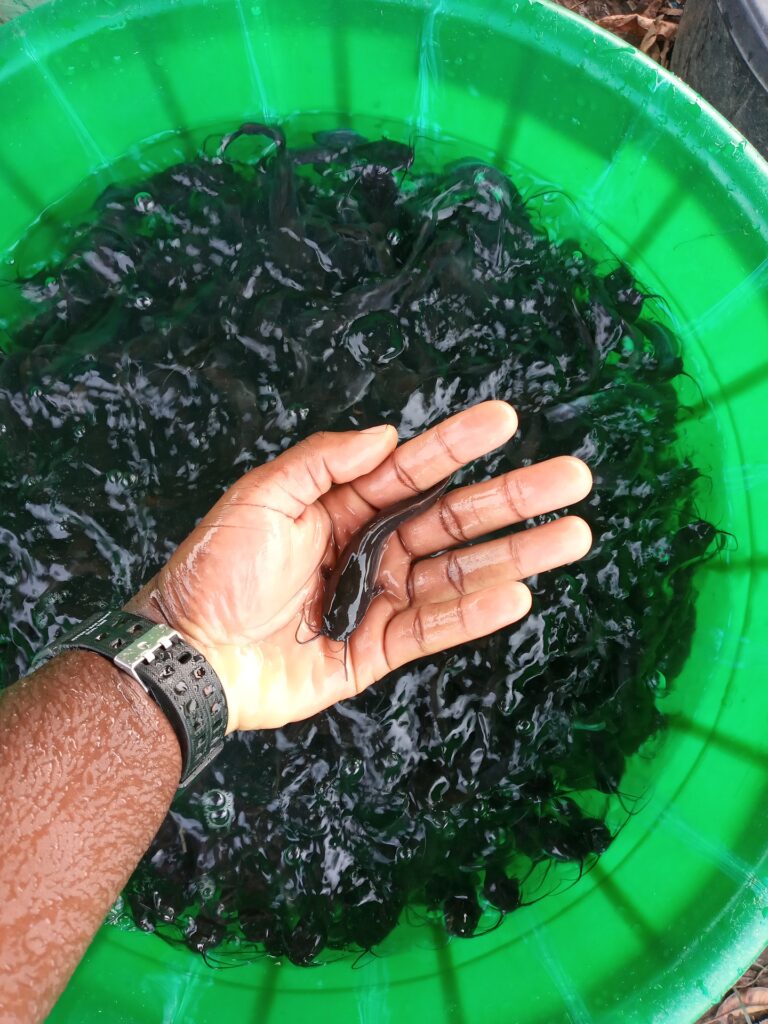
Get your fish from a reliable farm to avoid breeding a runt fish, that will not grow regardless of the amount of feed you give them. So the success of a fish farm is not far-fetched from the fish used in rearing.
8. Feeds
The next step to starting a fish pond is to buy feeds. Feeds come in different types. The feed you choose should be one always available in the market, and it should be administered with the consciousness of the growth stage and the breed of fish.
Also read: 7 types of fish feed in Nigeria
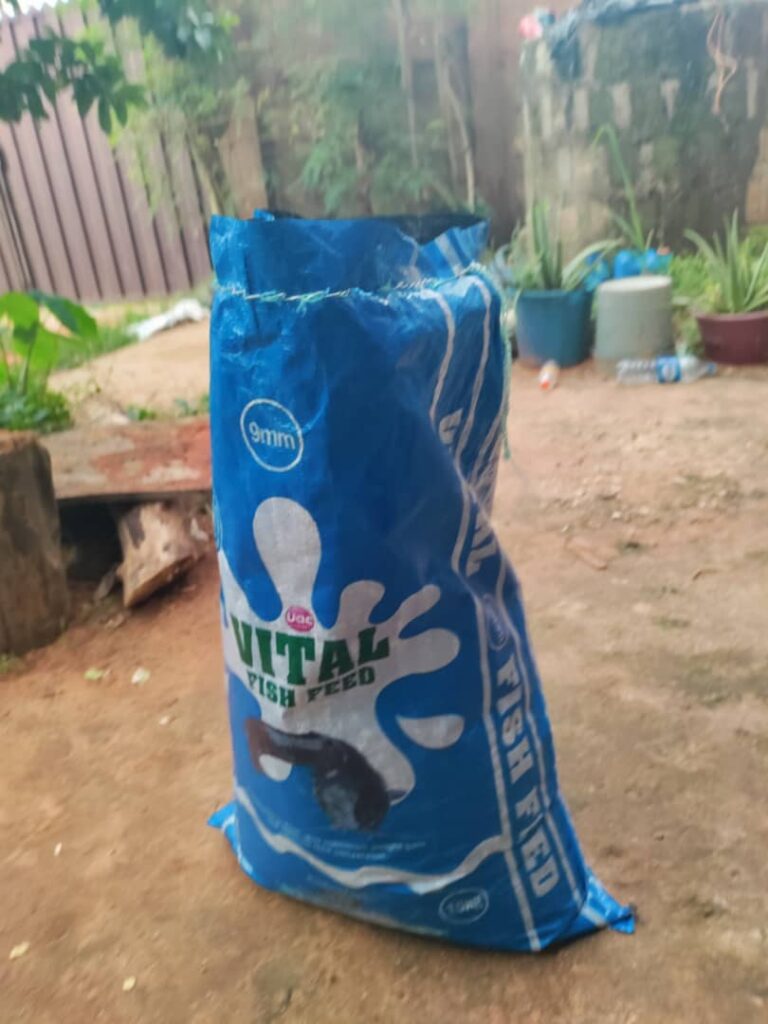
9. Farm Administrator/Keeper
To start a fish pond successfully, you will need a person who will manage the fish, accounts, and farm resources. A farm administrator or keeper is a person who manages the fish, farm records, and resources. How does he manage the fish? He manages the fish by feeding the fish, cleaning the fish pond regularly, and weighing and sorting the fish.
For a small-scale fish farmer who owns a fish farm in his house, there will be no need to employ an outsider to be the farm keeper. A family member can do the work. But for large-scale fish farmers, Farm keepers would be necessary.
The farm keeper is expected to know how to clean the ponds, pump water into the pond, the feeds to be administered to each stage of fish, how to sort fish, and likely how to catch fish.
The farm keeper must not be a professional nor should he be ignorant of his duties. Having a professional literate in aquaculture to be your farm keeper will be of a very big advantage to you.
10. Nets
Nets especially dip nets are highly required to start a fish pond. Dip nets are used to harvest and sort. They are not expensive and so ita necessary on every fish farm. It is also used in the cleaning of ponds.
FAQs about Catfish Farming
How much land should I buy to start farming Catfish?
The land for fish farming is purchased in reference to the fish farming scale. A farmer who wants to farm on a small scale can farm in his backyard. But a person who wants to farm on a large scale will need at least 200:200 if you are using concrete, plastic, or tarpaulin ponds.
Which breed of Catfish has the best taste?
Flathead catfish are the catfish with the best taste
Where can I buy fingerlings or juveniles for my pond?
Fingerlings and juveniles can be bought from some fish feeds store and can also be bought from other farms. I would advise buying your fingerlings and juvenile fish from fish farms known for producing good fish.
Which kind of soil is best for catfish farming?
The kind of soil only matters when you want to farm in an earthen pond. Clay soil is the best for farming fish due to its high water retention capacity.
How many types of ponds are there?
There are 6 types of fish ponds. They are Earthen, Concrete, Tarpaulin, Plastic, fiberglass, and cage ponds. Earthen and cage ponds are near-natural ponds while others are artificially constructed.
How many times should I feed my catfish?
Feed them once if they are grown but twice if they are still fingerlings. Feeding mature catfish twice has little or no benefit. Morning is the best time to feed catfish.
What makes catfish grow faster
Catfish grow faster if they are regularly fed well, have clean water in the pond, have good aeration, and have enough space for movement and type of breed.
What should I fear or expect to fear if I start a fish pond
The threats to starting a fish farm are flooding, disease outbreak, inflation of feed prices, and the high cost of petrol for pumping water. These are the main threats that come to mind when people start farming fish.
Conclusion
Catfish farming is very lucrative. To start farming fish you have to create a plan and do some study and the farming scale.
There are some requirements to starting a fish farm like ponds, net, feed, water, power supply, fish, etc. The success of your fish pond is dependent on your preparation for the business.


